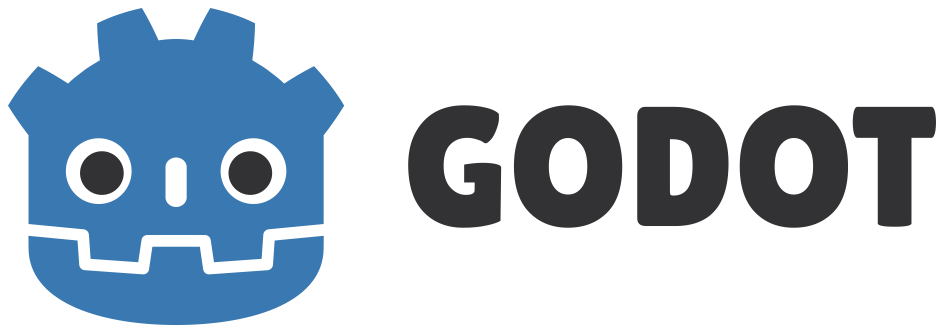What is Godot?
Game Engines
Game development is complex and involves a wide variety of knowledge and skills. In order to build a modern game, you need a lot of underlying technology before you can make the actual game itself. Imagine if you had to build your own computer and write your own operating system before you could even start programming. Game development would be a lot like that if you truly had to start from scratch and build everything you needed.
In addition, there are a number of common needs every game has. For example, no matter what your game is, it’s going to need to draw things on the screen. If the code to do that has already been written, it makes more sense to reuse it that to create it all over again for every game. This is where game engines come in.
A game engine is a collection of tools and technologies designed to assist in developing games. This allows you to focus more on building your game, and less on reinventing the wheel. Here are some of the features a good game engine will provide:
- Rendering (2D/3D)
“Rendering” is the process of displaying your game on the player’s screen. A good rendering pipeline needs to work with modern GPU features, high resolution displays, and effects like lighting and perspective, while maintaining a high frame rate.
- Physics
Building an accurate and usable physics engine is an enormous task. Most games require some sort of collision detection and response, and many need simulated physics (ie. friction, inertia, etc.), but few developers want to take on the task of writing one.
- Platform Support
In today’s market, you want to be able to release your game on multiple platforms, such as mobile, web, PC, and/or console. A game engine lets you build your game once and export it to one or more platforms.
- Development Environment
All of these tools are brought together in a single application, combining everything into one environment so you don’t have to learn a new workflow for every new project.
There are dozens of popular game engines to choose from today, such as Unity, Unreal, and GameMaker Studio, to name a few. It is important to remember that the majority of popular engines are commercial products. They may or may not be free to download, but the will require some kind of licensing or royalty agreement if you plan to release your game (and especially if your game makes money). You need to carefully read and understand what you’re agreeing to and what you are and are not allowed to do with the engine.
Why use Godot?
In contrast to the above, Godot is completely free and open source, released under the very permissive MIT license. This means there are no fees, hidden costs, or royalties you need to pay. This is in addition to being a fully featured modern game engine.
As a developer, the benefits are great. Because it’s unencumbered by commercial licensing, you have complete control over exactly how and where your game is distributed. In addition, Godot’s open source nature also means there is a much greater level of transparency than you’ll find with commercial engines. For example, if you find a particular feature doesn’t quite meet your needs, you’re free to modify the engine itself - no permission required.
